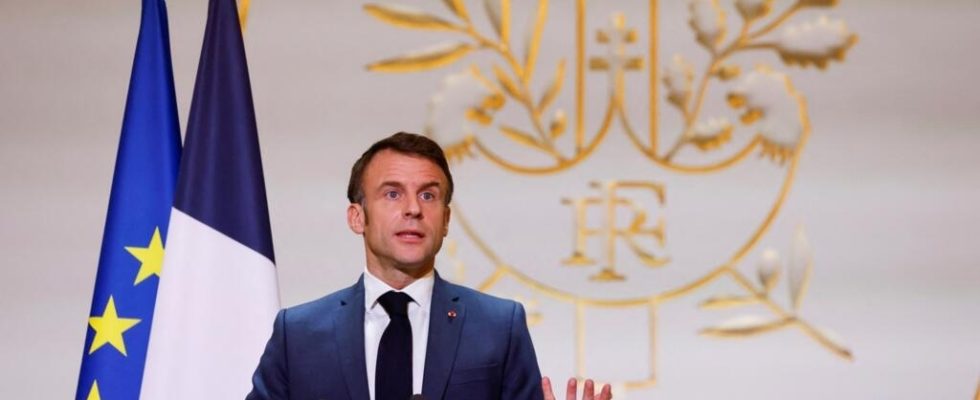This Thursday, December 7, Emmanuel Macron launched the Presidential Science Council. For the occasion, he brought together dozens of researchers at the Élysée and announced a major transformation of French research.
3 mins
Emmanuel Macron promised a real revolution to make research in France more competitive and for the country to remain “ a great nation of knowledge “. A revolution for the entire research system, often criticized for its great complexity and bureaucratic burdens.
The French president wants to succeed in transforming major national research organizations, such as the National Center for Scientific Research (CNRS), the National Institute of Health and Medical Research (Inserm) and the National Institute of agricultural research (INRAE). He wants to transform them into real program agencies, which are strategists in their field.
The objective is to remedy a fragmentation which weakens the global position of French researchers and France’s capacity to be at the forefront of scientific innovations. This disorderly fragmentation, deprives us, says Emmanuel Macron, to focus on major shared challenges, prevents us from being reactive in emergencies and reduces our ability sometimes to be attractive also in the world “.
The establishment of a Presidential Science Council
The head of state also deplored what he called “ the strange defeat of the vaccine » against Covid-19, France having discovered the principle of messenger RNA, but not having been able to develop the remedy.
The President of the Republic also installed a Presidential Science Council responsible for enlightening him on the scientific challenges of the future, made up of around ten researchers, including Nobel Prize winners in physics Alain Aspect and in economics Jean Tirole. This instance “ is not intended to play the role » of the Scientific Council set up during the Covid-19 pandemic, nor to “ substitute » at the Academy of Sciences, specifies the President of the Republic.
Towards more autonomy for universities
By unveiling this new roadmap, Emmanuel Macron took the opportunity to advocate more “ autonomy » to universities so that they “ organize and manage research ” at local level. President Macron refrained from mentioning a modification of the “ Status » higher education and research personnel, a casus belli for the sector’s unions.
Act one of autonomy, under the presidency of Nicolas Sarkozy, gave rise to a long standoff between the executive and the teacher-researchers joined by the student unions during the winter of 2007-2008. The Freedom and Responsibilities of Universities law (LRU) of August 2007, known as the “Pécresse law”, transformed the governance of universities by giving them more autonomy: establishments manage their budget – the main axes are no longer predetermined by the State – and their human resources – notably the payroll -.
“ We need more autonomy, because we need to be more agile, to implement public research policies », greeted Guillaume Gellé, president of France Universités.
Read alsoHow the University crushes young researchers – precariousness, harassment, law of silence
(And with AFP)
